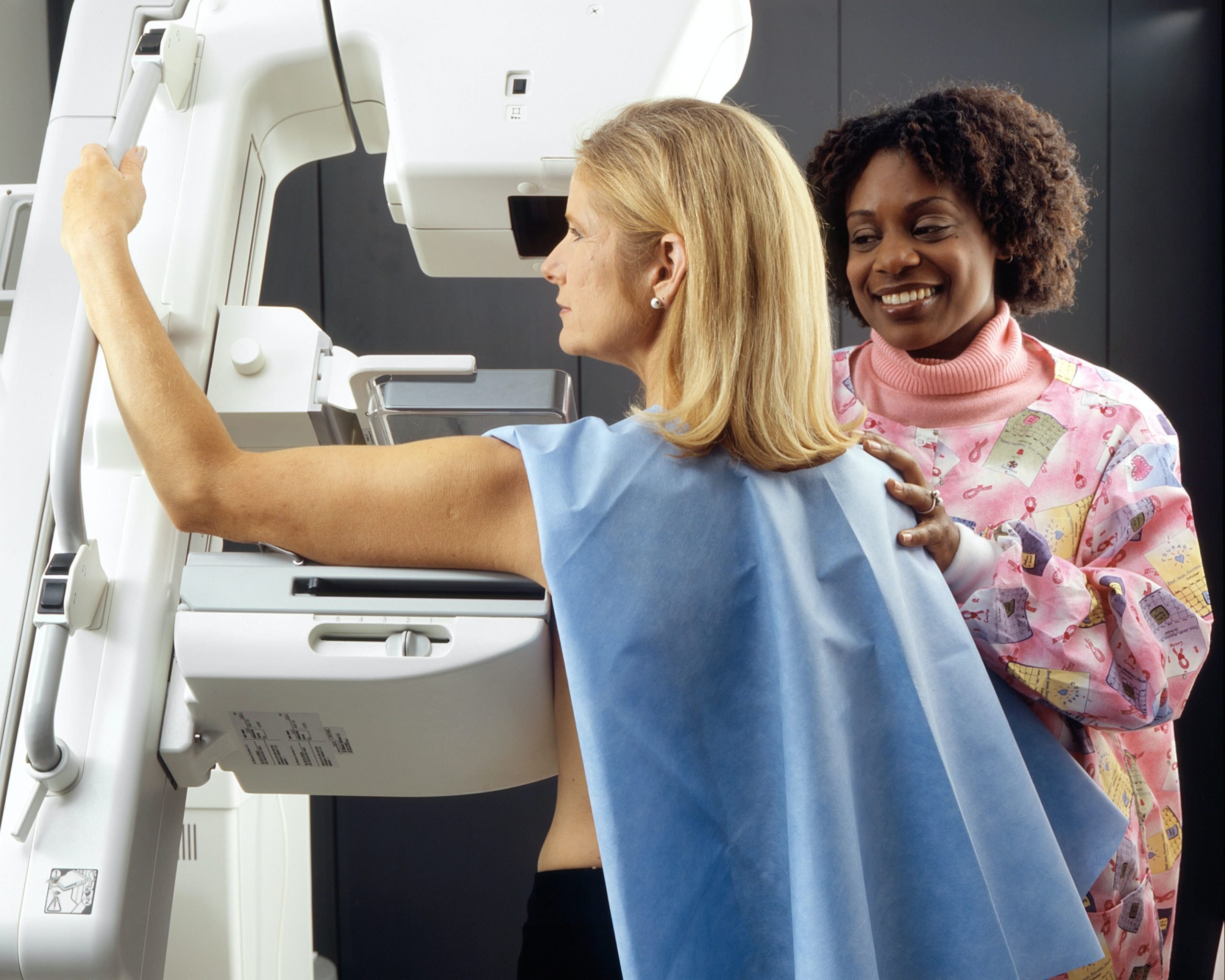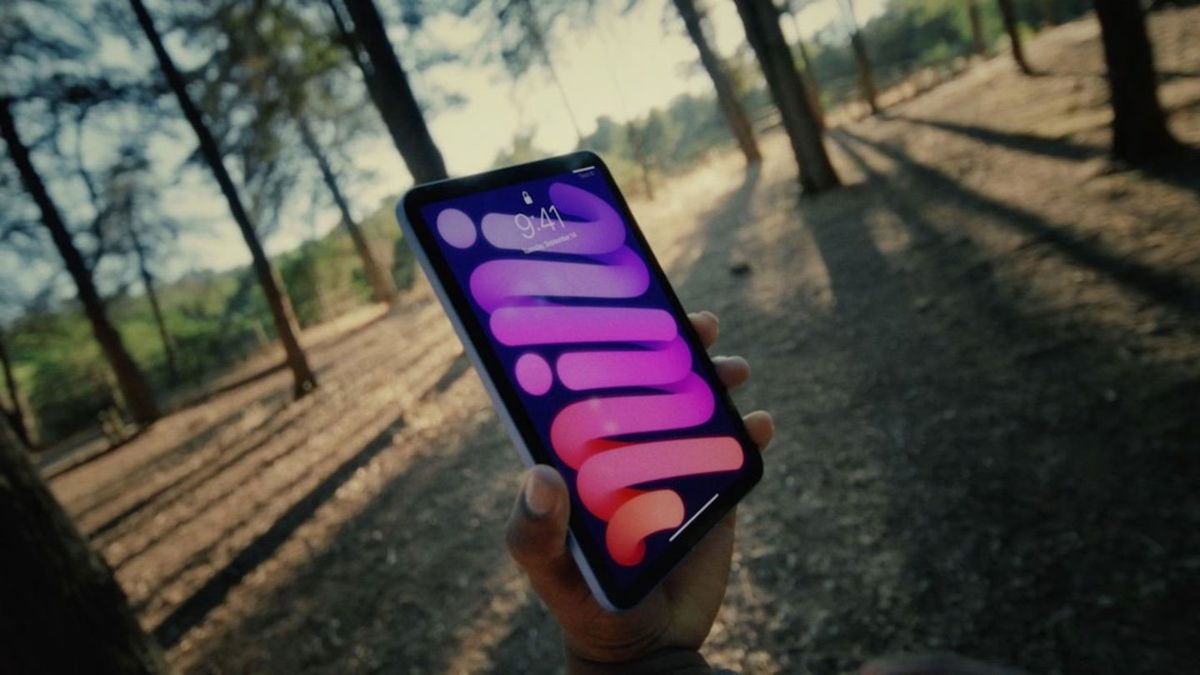Caffeine enters waterways through the sewage system and affects water quality and marine life. Therefore, scientists are looking for ways to deal with this type of pollution.
So it turns out that some bacteria can grow in caffeine and break it down. The work is still at an early stage and practical implementation still takes many years. Meanwhile, scientists say there are many ways to reduce pollution.
- Limit your intake of caffeinated beverages.
- Ensure reuse and recycling.
- Do not pour used grounds or leftover beverages down the sink.
- Stop drinking coffee in disposable cups.
- Supporting public funding for the modernization of sewage facilities.
Source: Ferra
I am a professional journalist and content creator with extensive experience writing for news websites. I currently work as an author at Gadget Onus, where I specialize in covering hot news topics. My written pieces have been published on some of the biggest media outlets around the world, including The Guardian and BBC News.










